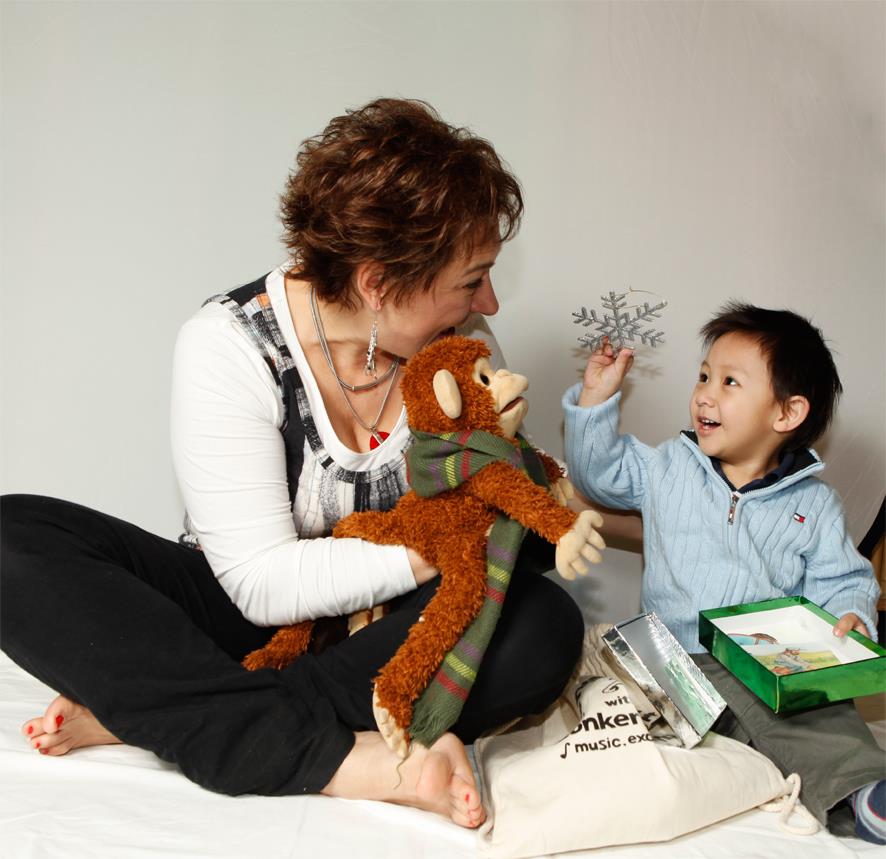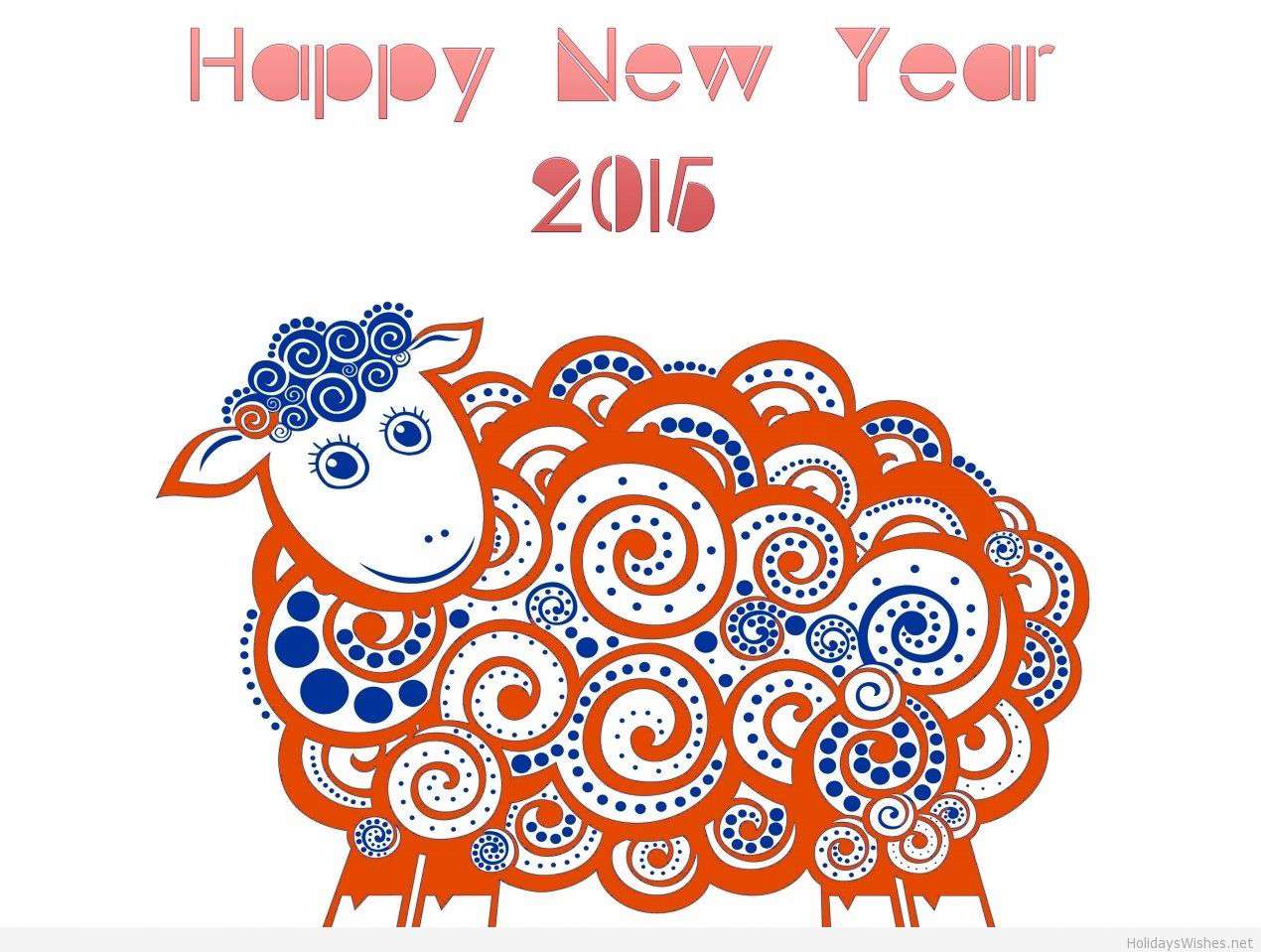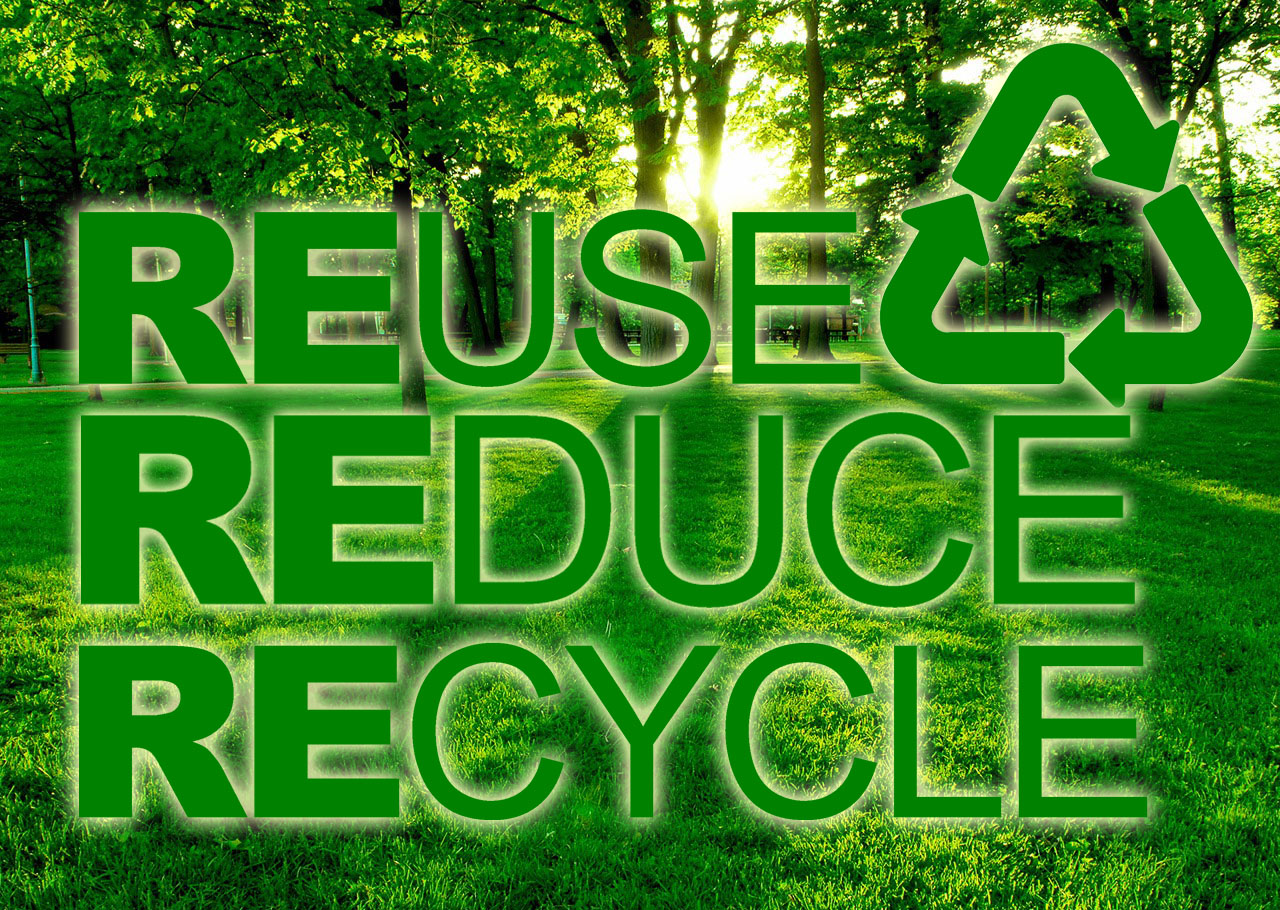Across the globe the demand for quality early childhood programs is growing all the time, with research continuing to highlight their important role when it comes to providing educational value for children.
The National Quality Standard (NQS) is a key aspect of the NQF and sets a national benchmark for early childhood education and care, and outside school hours care services in Australia. To ensure children enjoy the best possible conditions in their early educational and developmental years, the NQS promotes continuous improvement in quality.
In many countries, including the United States, it is continually being highlighted that the early years of a child’s life are the building blocks for their future success in school and later in life: “Leading economists agree that high-quality early learning programs can help level the playing field for children from lower-income families on vocabulary, social and emotional development, while helping students to stay on track and stay engaged in the early elementary grades. Children who attend these programs are more likely to do well in school, find good jobs, and succeed in their careers than those who don’t. ” (White House)
As such, it has been exciting that the interest in Bonkers Beat Music and Wellbeing programs has been experiencing its biggest boom yet. Bonkers Beat Music and Wellbeing is the most comprehensive educational program, covering all seven areas of the National Quality Standard and in addition to being incorporated into many centres across Australia, it is now receiving increasing interest from the USA, Japan and Singapore.
The interest has been so great that Galina was invited to speak at CAEYC’s annual conference. CAEYC stands for California Association for the Education of Young Children. This is an affiliate of the United States organisation, NAEYC – the National Association for the Education of Young Children. The 2015 Annual CAEYC Conference and Expo takes place in Sacramento, California from March 4 – 7, and draws nearly 3,000 attendees. It is the largest gathering of Early Care and Education professionals in California!
Needless to say, it’s a privilege for Bonkers Beat’s passionate creator Galina Zenin to have been invited to present at this event. If you happen to be attending the 2015 CAEYC Conference and Expo, Galina’s presentation ‘Learning Through Music’ is on Friday 6 March at 4.15pm and is incredibly valuable.
If you’d like to learn more about the CAEYC Conference, visit conference.caeyc.org.
Upon her return, Galina will be taking on Australia for another tour covering Adelaide, Melbourne and Sydney and the subject of successfully implementing music and wellbeing programs. Equipped with a wealth of brand new insights from CAEYC as well as her own ongoing research and development in music and wellbeing programs, Galina’s 3.5 hour sessions can contribute to making positive change in your centre and staff right before your eyes. With small groups and a delicious lunch included, you’d be crazy to pass up these practical and informative sessions. Find dates, times and book online at nqsrating.com.au.
The need for quality developmental programs in the early years is only becoming more and more obvious. To quote the experts from the NAEYC, “Several decades of research clearly demonstrate that high-quality, developmentally appropriate early childhood programs produce short- and long-term positive effects on children’s cognitive and social development”.
If you are a passionate Owner or Director of a Childcare Centre and are interested in finding out more or booking in at the Adelaide, Melbourne or Sydney session, the up to date information about this upcoming tour can be found at nqsrating.com.au.



